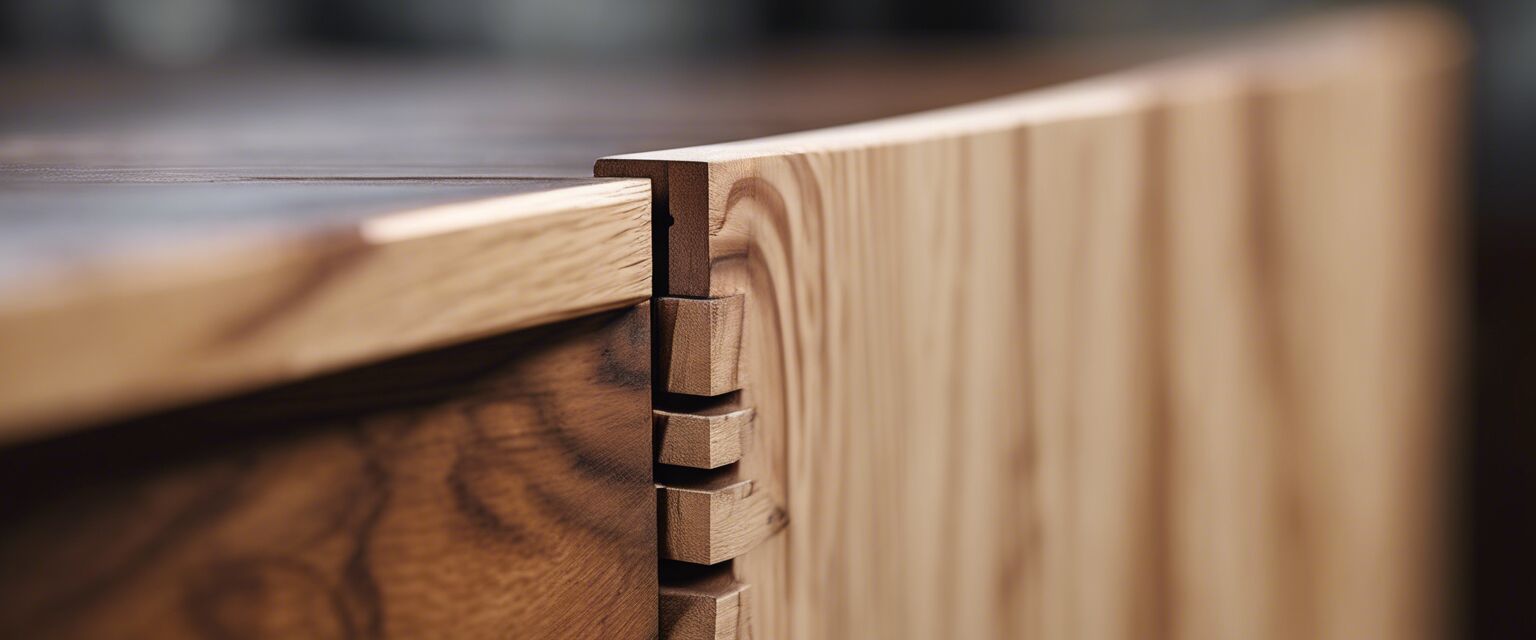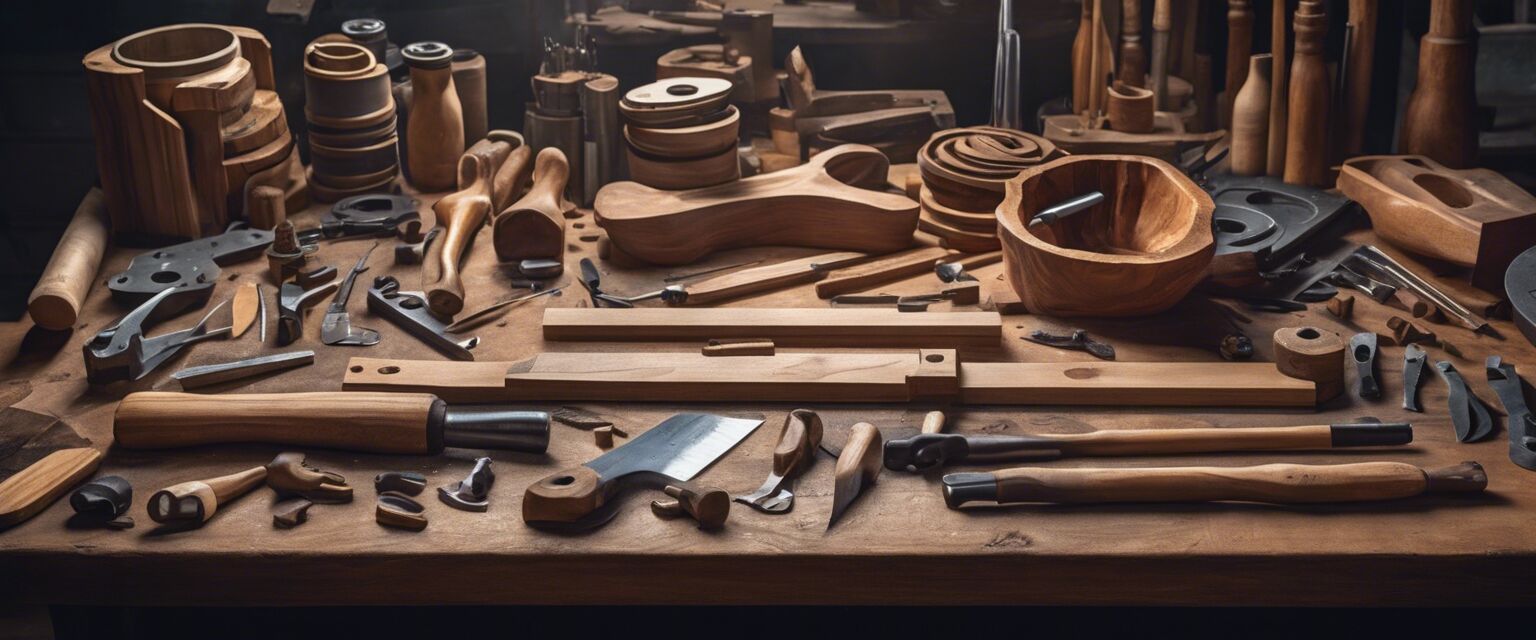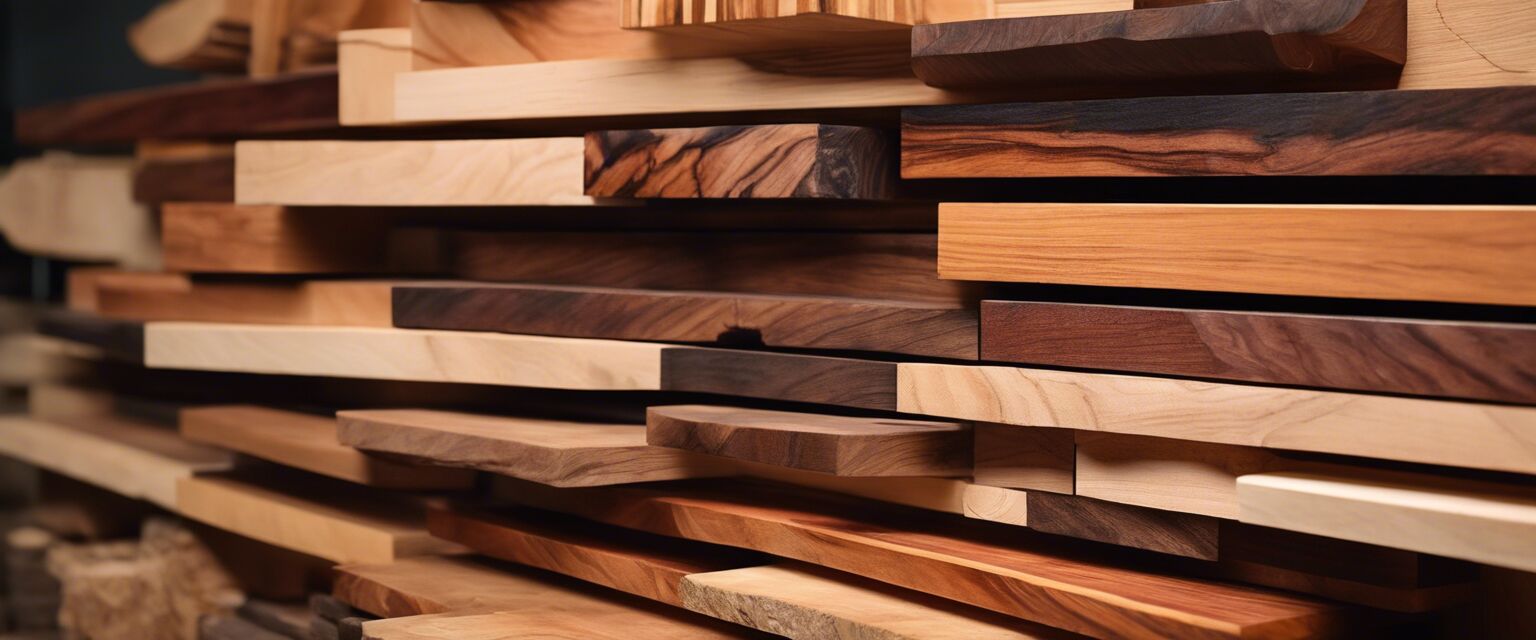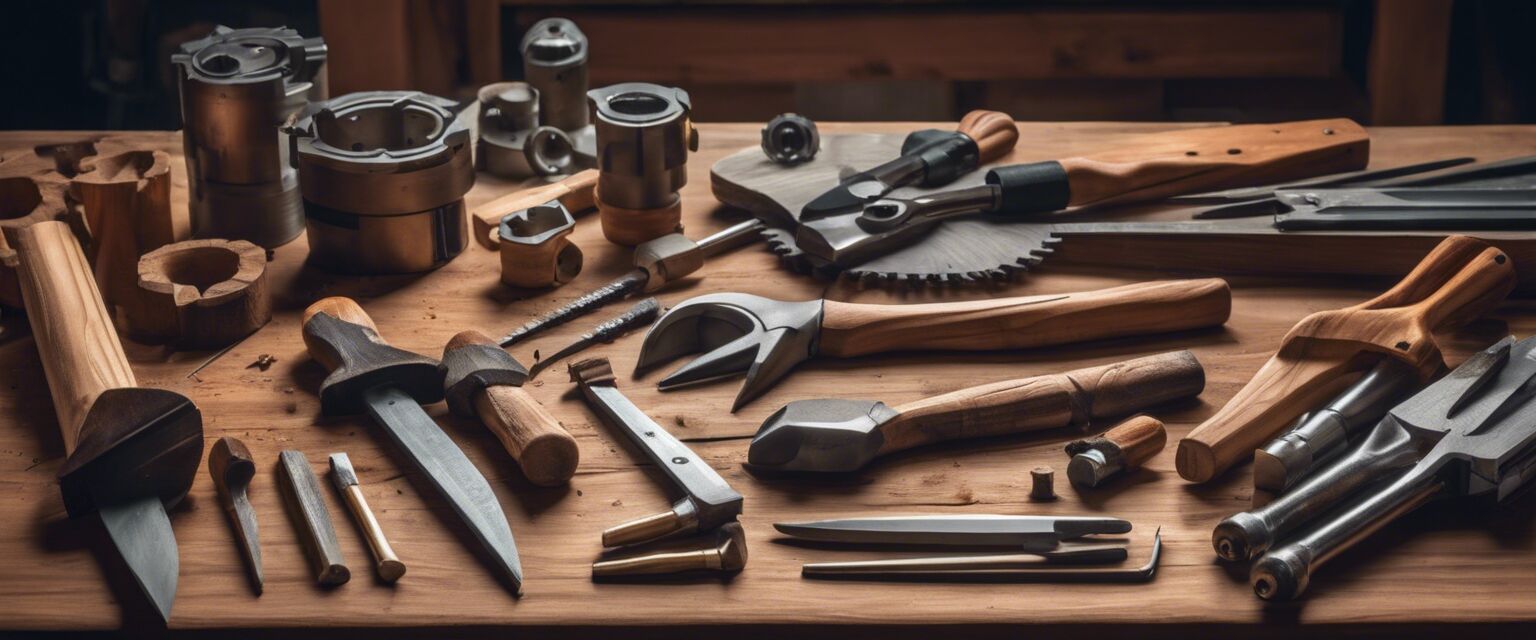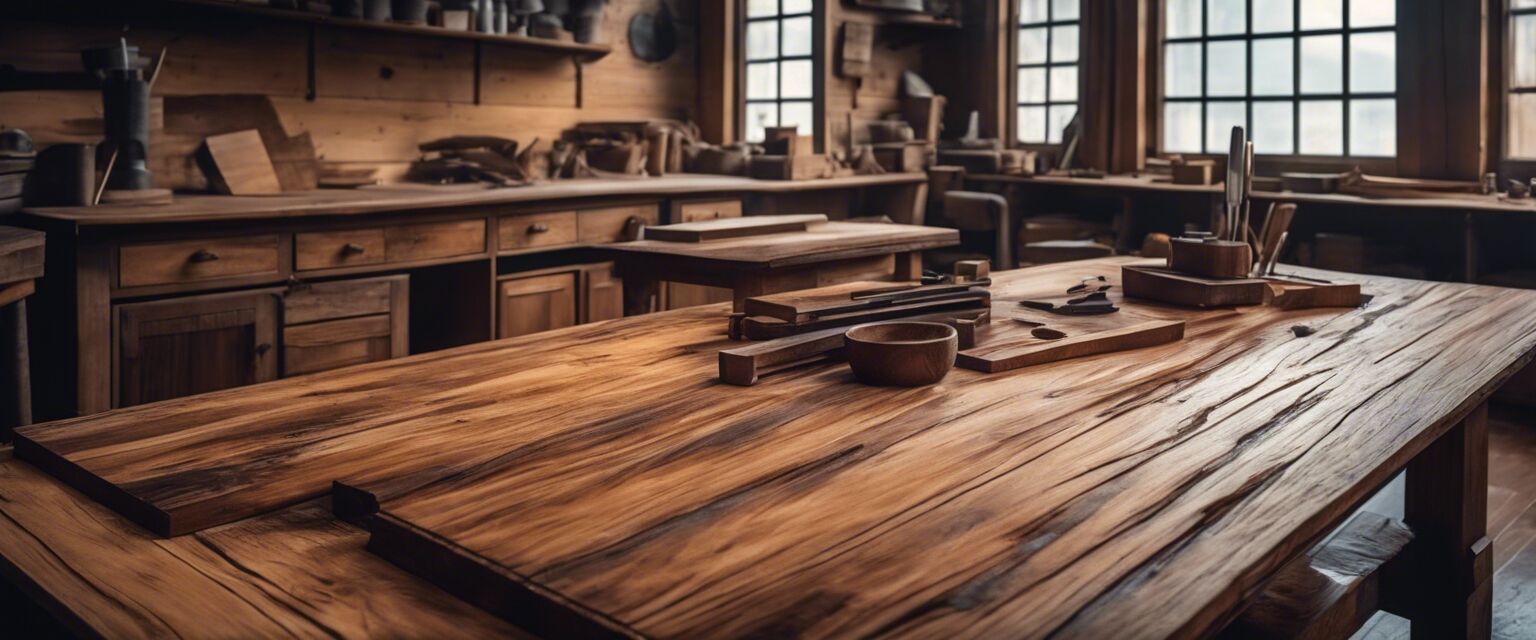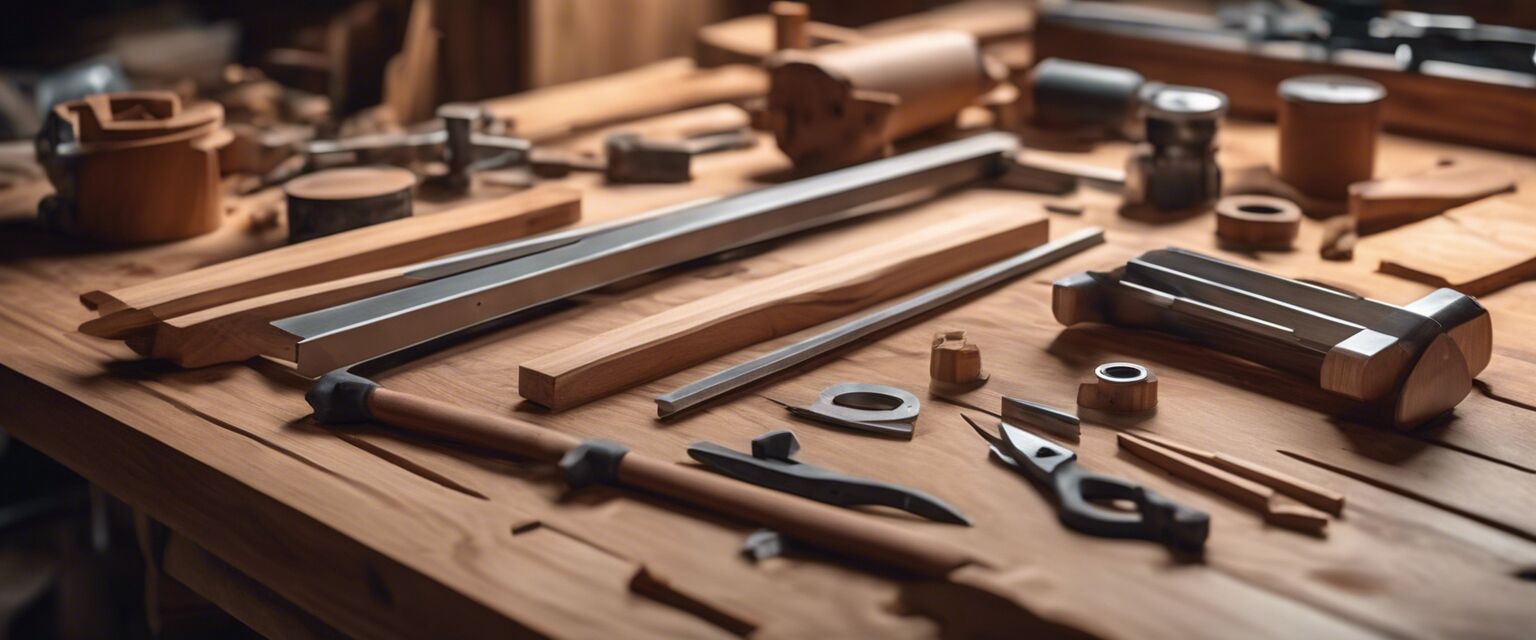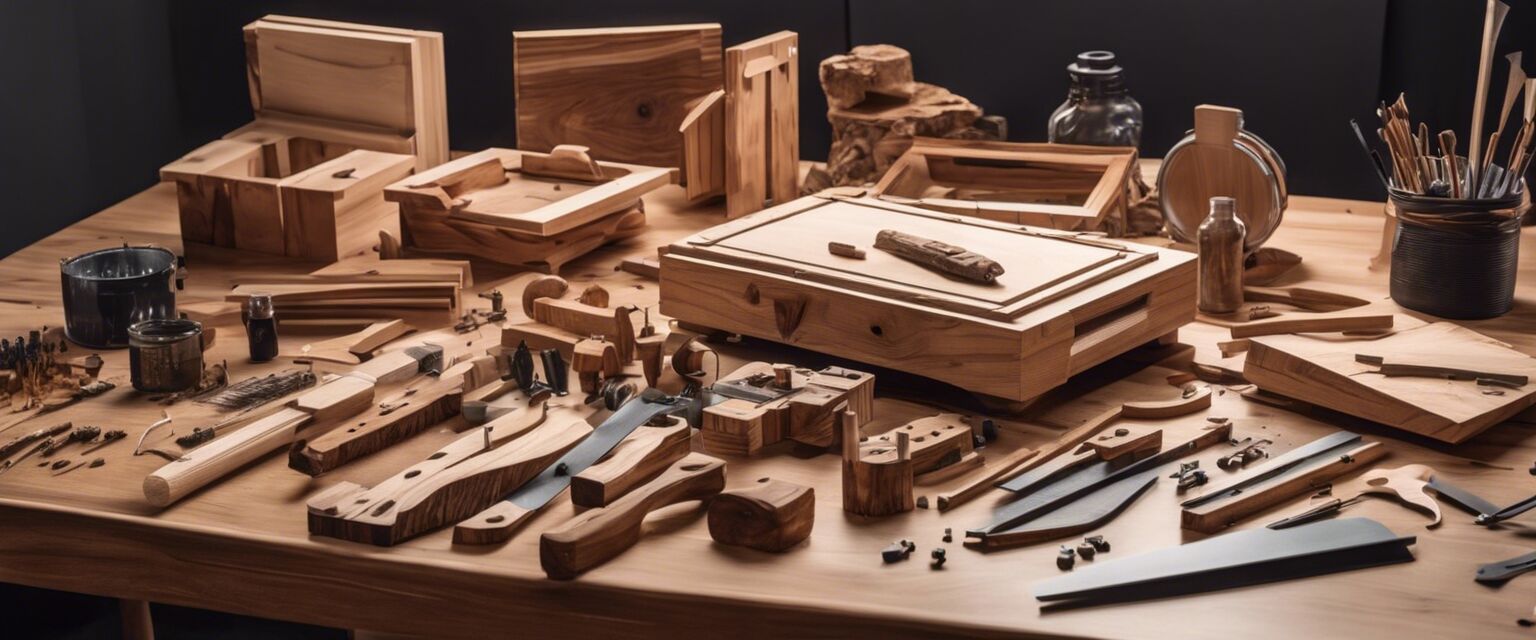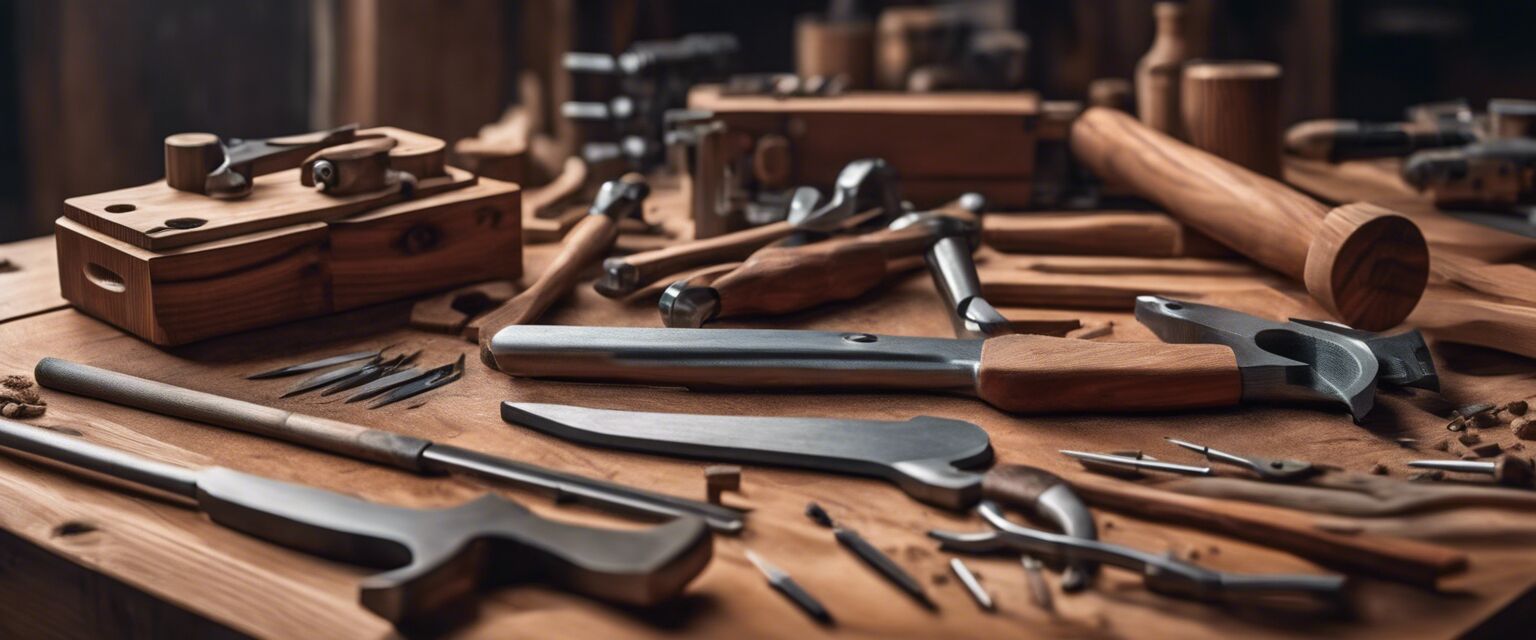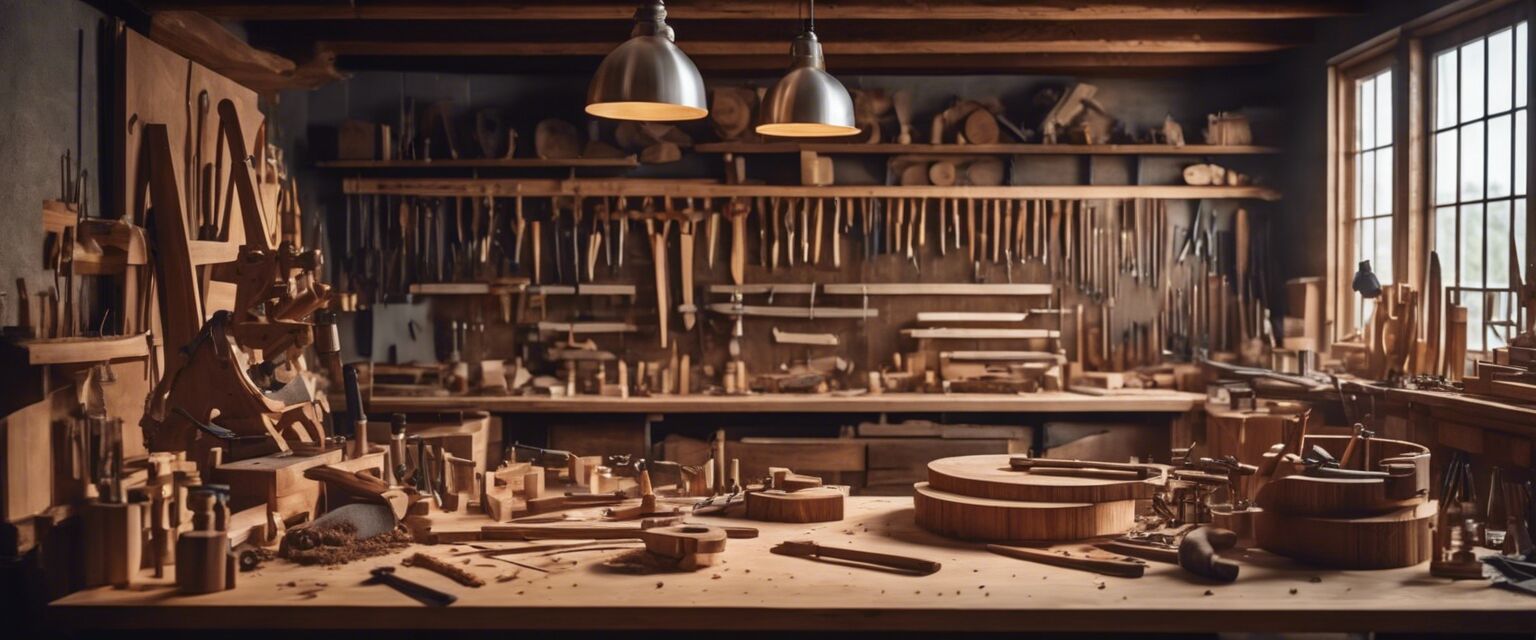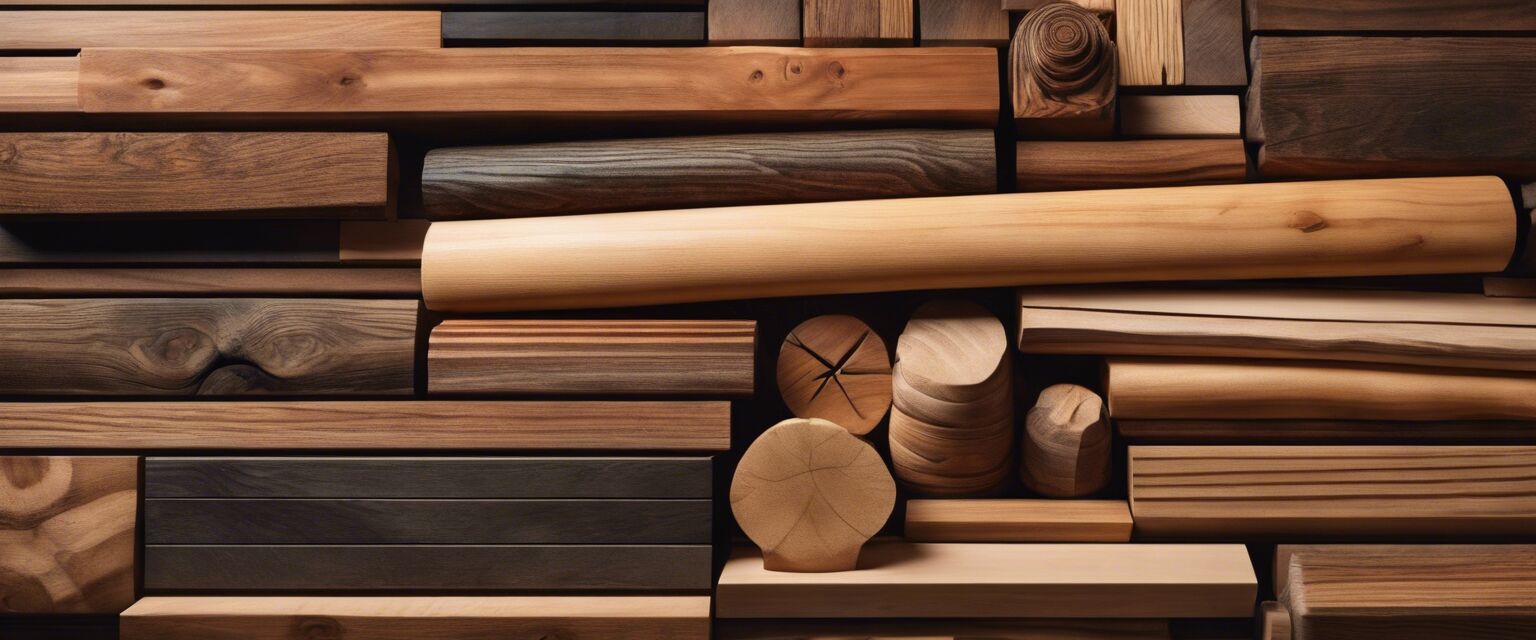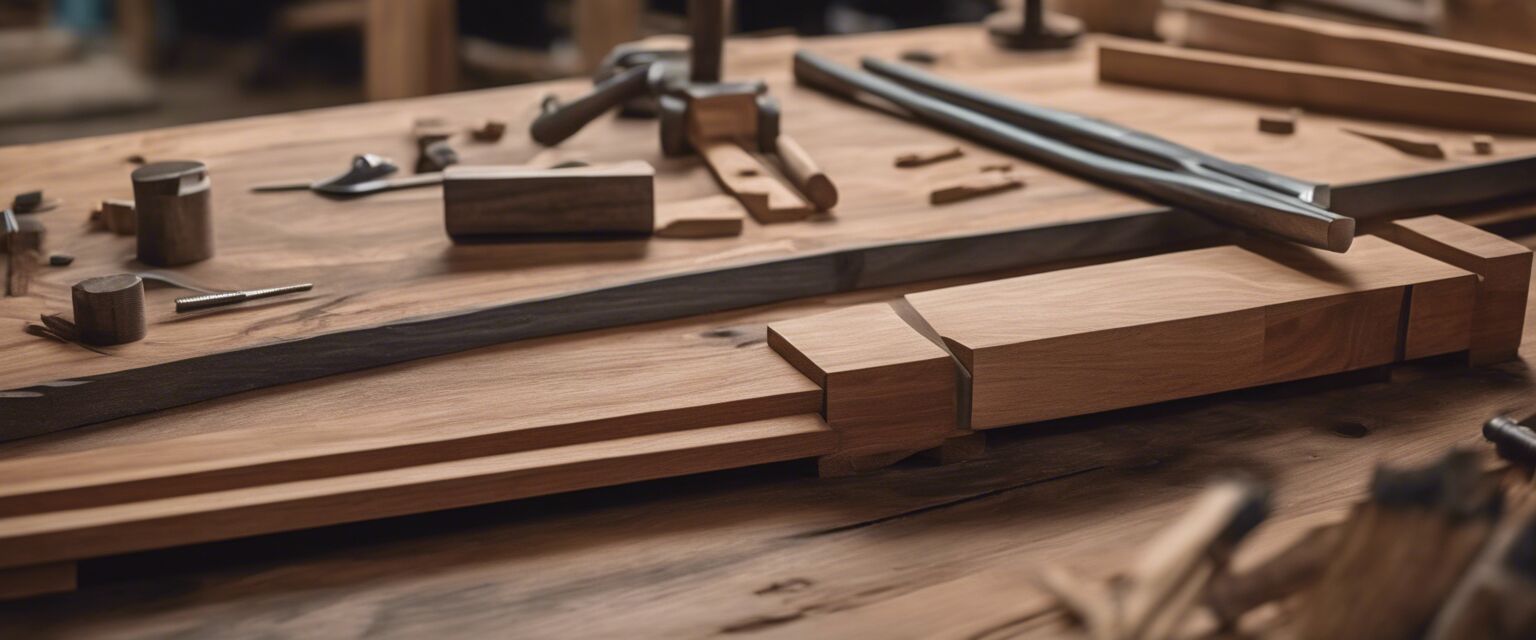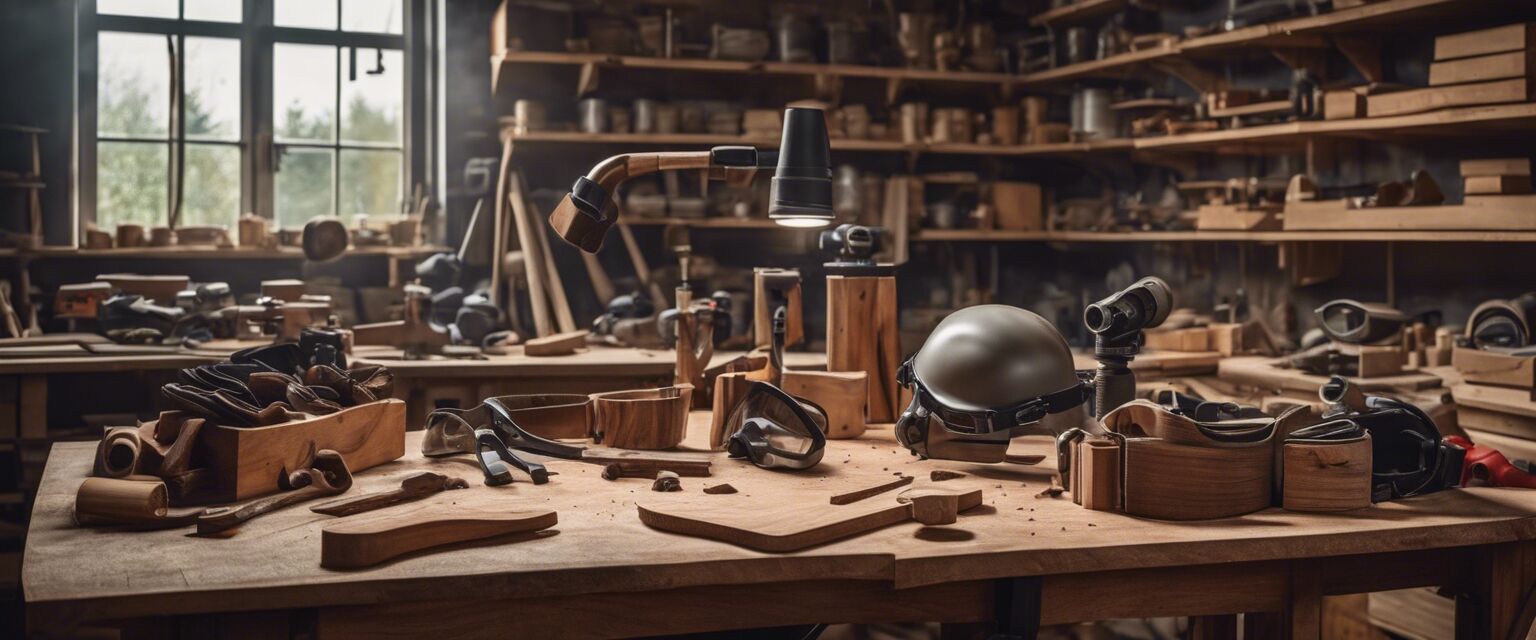
Advanced Woodworking Techniques
Key Takeaways
- Understanding complex joinery methods is essential for advanced woodworking.
- Choosing the right wood types can significantly affect the final outcome.
- Utilizing specialized tools enhances precision and efficiency.
- Safety gear is crucial when handling advanced woodworking tools.
Woodworking is more than just a hobby; it's an art form that allows crafters to express their creativity through intricate designs and structures. For experienced woodworkers, mastering advanced techniques can elevate projects to a professional level. This guide explores complex woodworking techniques that can help you create stunning pieces, utilizing the right tools, materials, and methods.
Understanding Advanced Joinery Techniques
Joinery is the backbone of woodworking, and advanced joinery techniques offer both strength and aesthetic appeal. Here are some of the most popular methods:
| Joinery Technique | Description | Best Use |
|---|---|---|
| Dovetail Joint | A joint made by interlocking wedge-shaped elements. | Drawer construction, cabinet making. |
| Mortise and Tenon | A method where a tenon fits into a mortise to create a strong joint. | Frames, tables, and chairs. |
| Box Joint | A type of joint that resembles a series of fingers, providing a strong connection. | Boxes, drawers, and decorative projects. |
| Bridle Joint | A joint where one piece fits into a notch in another, often used in frames. | Picture frames, door frames. |
Choosing the Right Wood Types
The choice of wood can dramatically impact the final product. Here are some popular wood types used in advanced woodworking:
- Hardwoods: Oak, Maple, Cherry - Ideal for durability and finishes.
- Softwoods: Pine, Cedar, Fir - Easier to work with and great for intricate designs.
- Exotic Woods: Mahogany, Teak, Rosewood - Adds unique aesthetics and character.
Specialized Tools for Advanced Woodworking
Having the right tools is crucial for executing advanced woodworking techniques. Hereâs a list of essential tools:
Beginners Section
- Router: Perfect for hollowing out areas and creating decorative edges.
- Table Saw: Essential for making precise cuts and angles.
- Chisels: Used for detailed work and joinery adjustments.
- Planer: Great for smoothing surfaces and achieving uniform thickness.
- Joiner: Ensures flat edges for accurate joints.
Safety Gear for Woodworking
Safety should always come first in woodworking. Here are some essential safety gears:
- Safety Glasses: Protects eyes from flying debris.
- Ear Protection: Reduces noise exposure from power tools.
- Dust Mask: Prevents inhalation of wood dust and particles.
- Gloves: Protects hands from splinters and cuts.
Tips for Success in Advanced Woodworking
Here are some tips to help you succeed in your advanced woodworking projects:
- Plan your project carefully before starting.
- Take time to measure and cut accurately.
- Practice new techniques on scrap wood first.
- Maintain your tools for optimal performance.
- Donât rush; take your time to ensure quality work.
Conclusion
Mastering advanced woodworking techniques takes time, patience, and practice. By choosing the right tools, materials, and methods, you can create beautiful, lasting pieces that showcase your skills. Remember, the journey is just as important as the destination, so enjoy the process of crafting your unique creations.
Pros
- Enhances creativity and craftsmanship.
- Allows for the creation of unique pieces.
- Boosts confidence in woodworking skills.
- Offers opportunities for customization.
Cons
- Requires significant investment in tools and materials.
- Can be time-consuming.
- Advanced techniques may need additional skills.
- Risk of injury without proper safety measures.
Additional Resources
For more information on woodworking projects and techniques, check out our other pages:
- Woodworking Tools
- Woodworking Accessories
- Woodworking Kits and Plans
- Finishing Products
- Wood Types and Materials
